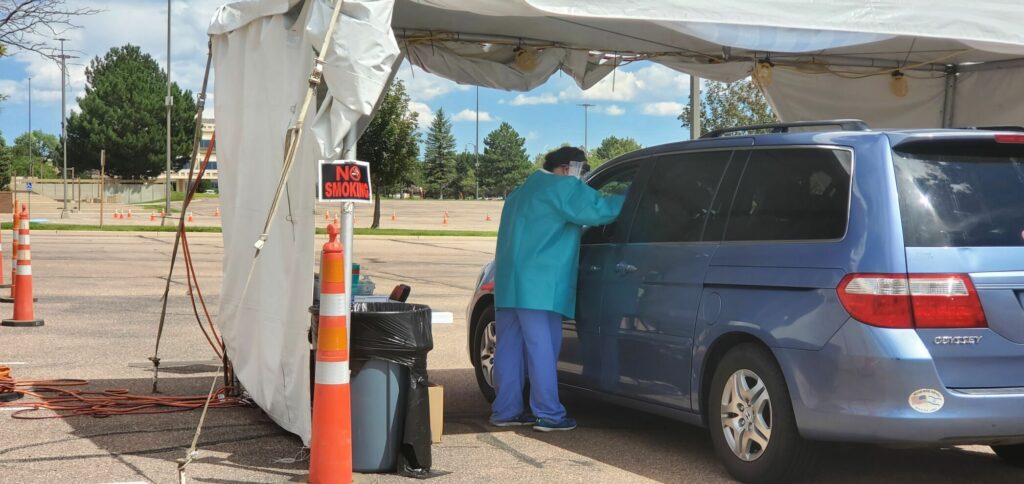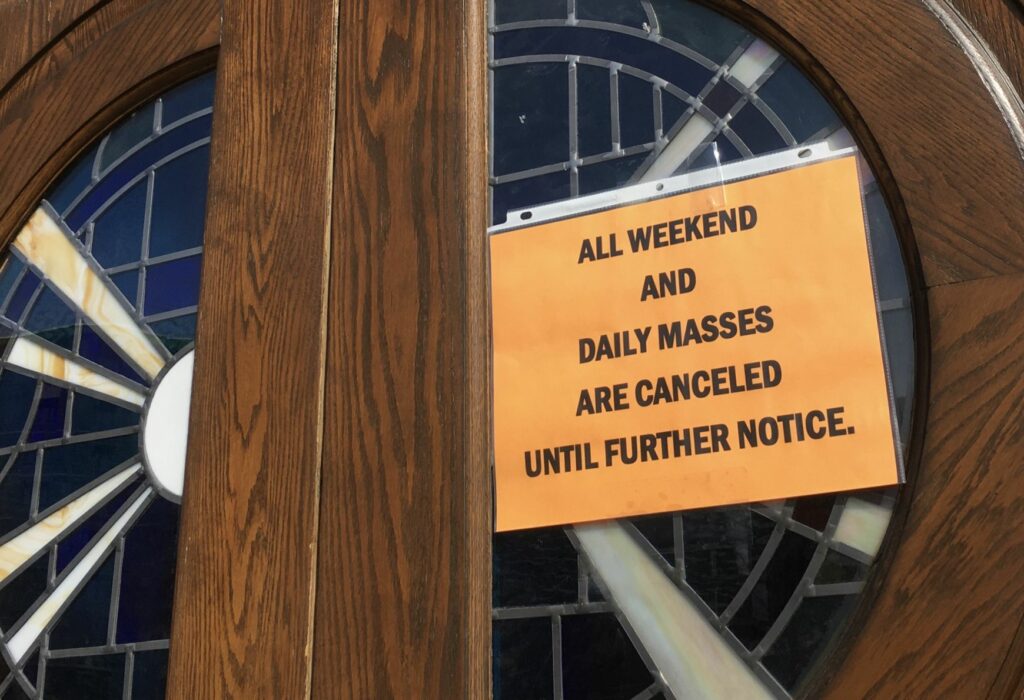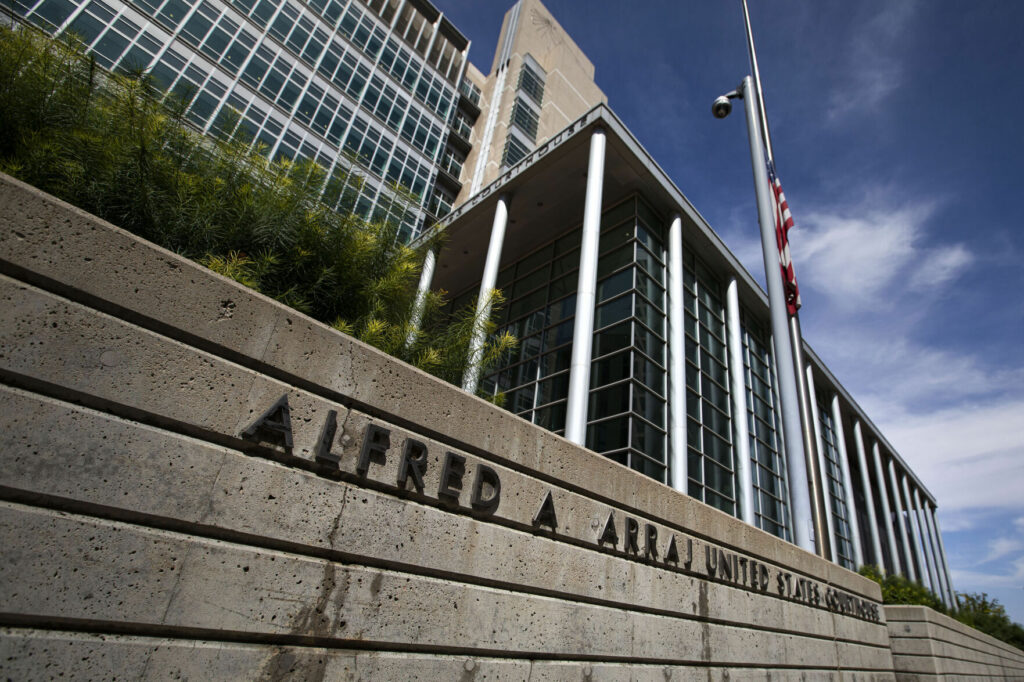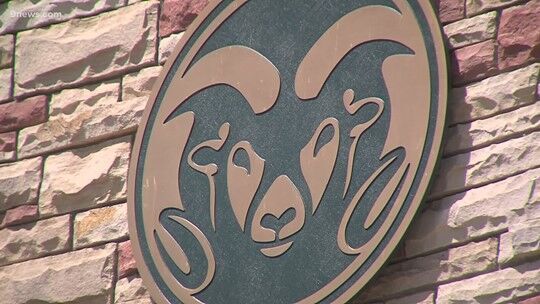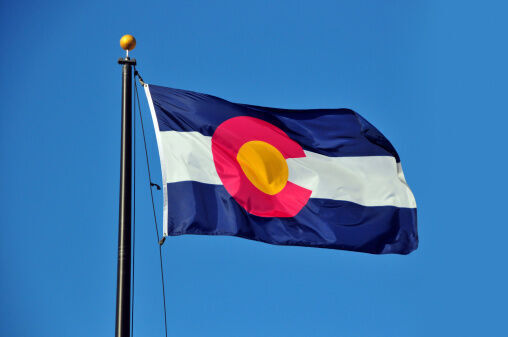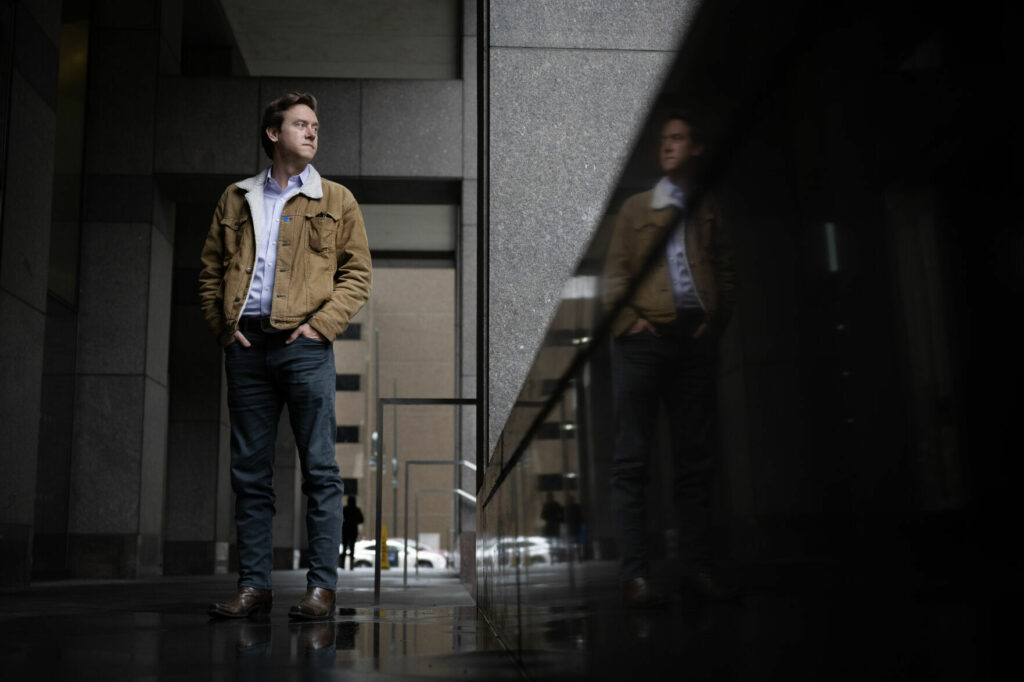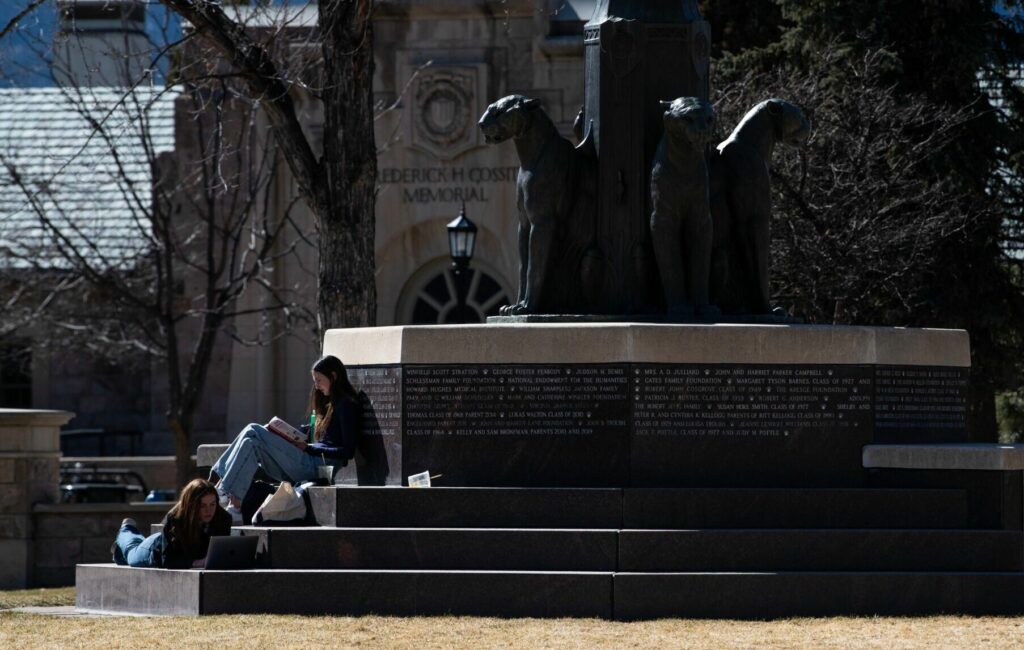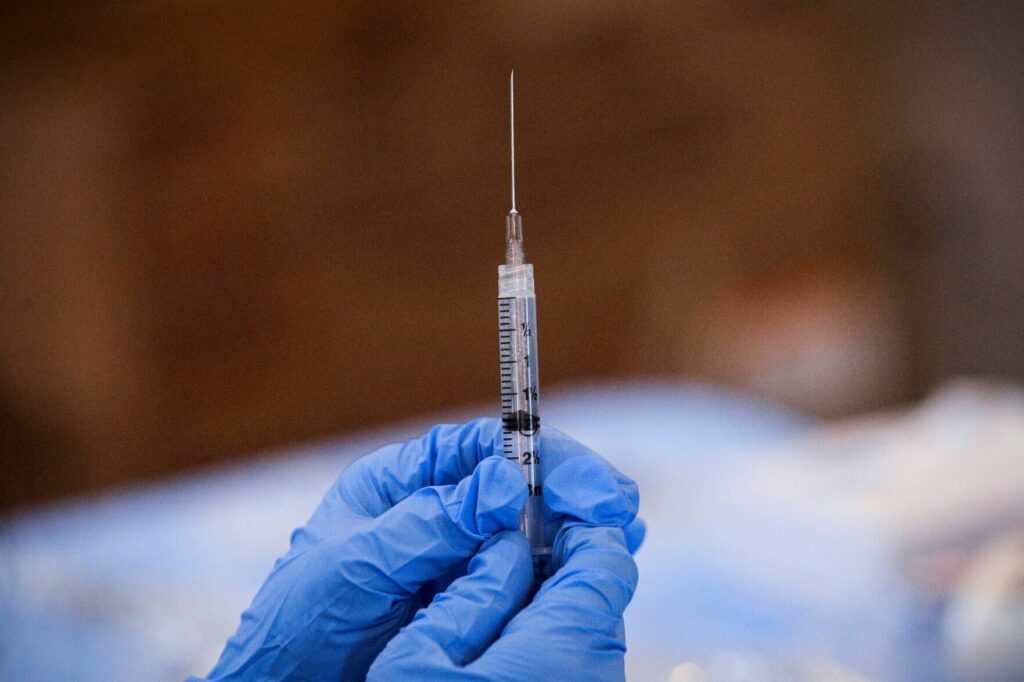OUT WEST ROUNDUP | NM Capitol fence to stay through session; Wyoming could hike fuel tax
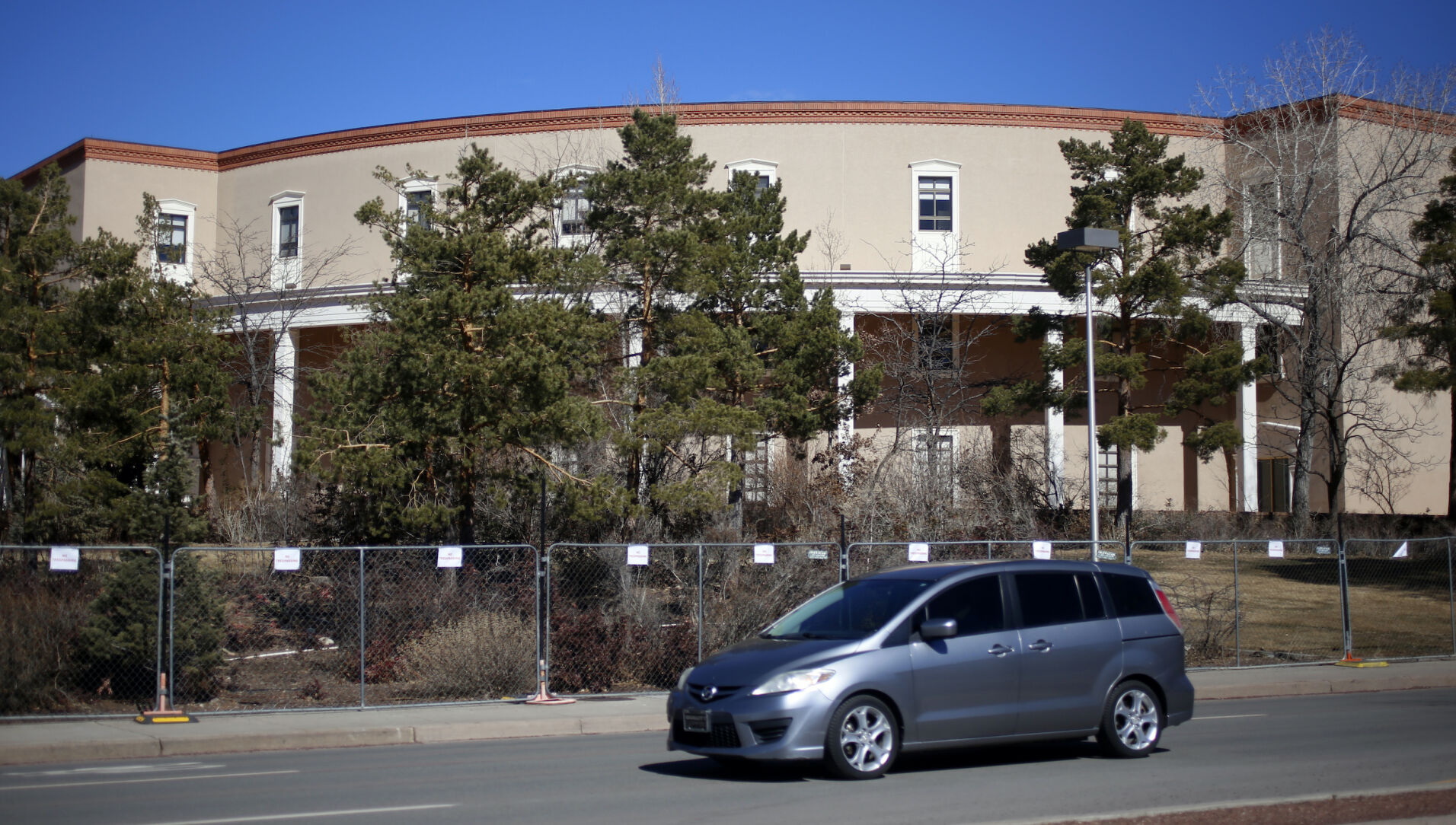
NEW MEXICO
House speaker says fencing still needed at Capitol
SANTA FE – Democratic House Speaker Brian Egolf says security fencing that encircles the state Capitol building will remain in place through the end of the current legislative session on March 20 on the advice of state security officials including New Mexico State Police.
Egolf told news media in a video conference on Feb. 25 that the fencing has had a “deterrent effect” and that he sees no reason to deviate from the advice of state security officials.
The fencing and road barricades were put in place in response to security concerns in the wake of the Jan. 6 siege of the U.S. Capitol by supporters of then-President Donald Trump in an effort overturn the results of the presidential election. Pro-Trump protests that day outside the Statehouse in Santa Fe were peaceful as lawmakers and staff evacuated the building.
The state Capitol is closed to the public as a precaution against the spread of COVID-19, with hearings conducted largely online.
Republican legislators in late February requested removal of the chain-link fences with concrete barriers, calling the fence awn “eyesore” and arguing that no threat was evident and that there shouldn’t be a perception that government leaders are afraid of the state’s citizens.
Governor signs bill to preserve abortion rights
SANTA FE – Democratic Gov. Michelle Lujan Grisham on Feb. 26 signed a bill to shore up abortion rights in New Mexico, saying a woman has the right to make decisions about her own body.
The legislation, which won final approval from the Democratic-led Legislature the previous week, overturns a dormant 1969 ban on most abortion procedures. Had the old statute been left in place, New Mexico’s ban on most abortion procedures would have gone into effect if the U.S. Supreme Court eventually overturns the landmark Roe v. Wade ruling.
Republican Sen. Crystal Diamond of Elephant Butte argued that the measure weakens standards of care for women and strips conscience protections for medical professionals.
The 52-year-old abortion statute allowed medical termination of a pregnancy with permission of a specialized hospital board only in instances of incest, rape reported to police, grave medical risks to the woman and indications of grave medical defects in the fetus.
The House passed the measure on a 40-30 vote, with six Democrats joining Republicans in opposition. The state Senate approved the bill the previous week with a 25-17 vote.
Five Democratic state senators who joined Republicans to keep the abortion law in place in 2019 were ousted from office last year.
WYOMING
Lawmakers advance bill to increase state’s fuel tax by nine cents
CHEYENNE – A legislative committee advanced a bill Feb. 23 that would increase the state’s per-gallon fuel tax by nine cents, or about a third above its current level, as transportation officials seek ways to fund the ten of millions of annually unmet road needs in Wyoming.
House Bill 26, which was sponsored by the Joint Revenue Committee during the interim session, would boost the state’s gasoline fuel tax from 24 cents per gallon to 33 cents, which would be a 37.5% increase. If passed by the full Legislature, the bill would generate roughly $61.4 million in annual revenue, divided between the Wyoming Department of Transportation, and cities, towns and counties.
The proposal, which would mark the first fuel tax hike in Wyoming since 2013, had the backing of WYDOT Director Luke Reiner. During the Feb. 23 meeting, he said the state winds up paying more to replace roads than to maintain them.
Reiner also noted a report released late last year found WYDOT is facing an annual funding gap of roughly $354 million, with more than $100 million of those needs projected for the preservation of Wyoming’s roads and bridges.
Wyoming’s current gas tax of 24 cents ranks 38th among all states, according to data from the Tax Foundation. A nine-cent increase would make Wyoming’s fuel tax 50% higher than Colorado’s current gas tax of 22 cents.
During discussion Feb. 23, the fuel tax proposal had the support of several industry groups, including the Wyoming Trucking Association, the Wyoming Taxpayers Association, the Wyoming Lodging and Restaurant Association and the Wyoming Association of Municipalities. The main opposition during the meeting came from the Wyoming Farm Bureau Federation and the state’s chapter of the National Federation of Independent Business.
Jim Magagna of the Wyoming Stock Growers Association said while his members normally stand by an anti-tax policy across the board, they felt differently about House Bill 26 because the tax hike would support infrastructure necessary for the industry.
IDAHO
Hundreds of wolves could be killed under new legislation
BOISE – State lawmakers have introduced a bill that aims to cut Idaho’s wolf population by two-thirds and remove most hunting regulations for the animals in much of the state.
Former Sen. Jeff Siddoway, who left the Legislature in 2018, presented the bill on Feb. 23 to the House Resources and Conservation Committee.
He told the committee that the aim of the bill is to address the increasing wolf population since the animals were reintroduced to Idaho in 1995. Wolves were removed from Endangered Species Act protections in Idaho and surrounding states in 2011, and the Idaho Department of Fish and Game has managed the state’s wolf population since then.
Fifteen wolves were introduced in Central Idaho in 1995, and another 20 were added the following year. Earlier in February, IDFG said there are an estimated 1,556 wolves in the state.
In much of the state under the proposal, wolves would be classified as predators instead of their current designation as big game animals. Hunters would still need a license to hunt them, but there are no hunting seasons or limits, he added.
Currently, each hunter is limited to killing 15 wolves per calendar year. The bill would still require hunters to report wolf kills to Fish and Game.
The reclassification would also allow hunters to shoot wolves from motorized vehicles, including ATVs, helicopters and snow machines.
UTAH
Mormon church gives $20M to help send vaccines globally
SALT LAKE CITY – The Church of Jesus Christ of Latter-day Saints announced Feb. 26 it has donated $20 million to help a program aimed at distributing coronavirus vaccines to poor countries around the world.
The donation from the humanitarian arm of the Utah-based faith is going to UNICEF as part of the organization’s work with the United Nations-backed COVAX initiative, which last week sent its long-awaited first deliveries to Ghana and Ivory Coast.
Officials have hailed the initiative as the first deliveries of the vaccine to poor countries during an ongoing outbreak, but it has been hampered by limited global supply of doses and logistical problems. The effort’s goal is to deliver 2 billion shots this year to world’s most vulnerable people in low- and middle-income countries.
More than half of the 16.5 million church members of the faith known widely as the Mormon church live outside the United States, including 666,500 in Africa.
Church officials hope the program helps children in these countries, where programs run by other organizations that provide children with health, nutritional and educational services have been disrupted by the pandemic, said Gérald Caussé, Presiding Bishop of The Church of Jesus Christ of Latter-day Saint Charities in a statement.



